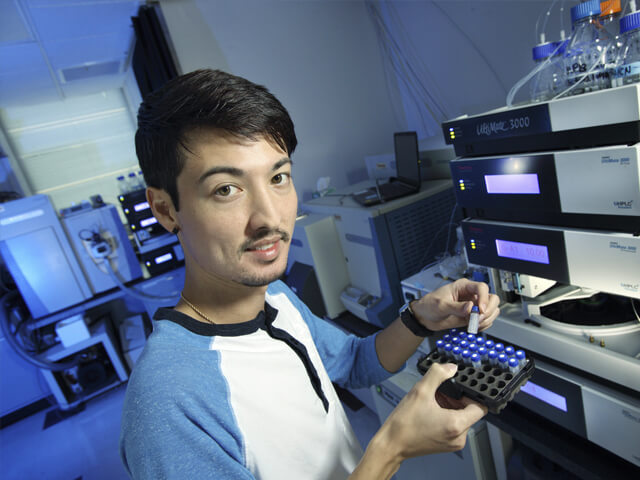Training

The faculty in Clinical Pharmacology has a proud tradition of training mentees at all stages of their scientific careers - undergraduates; medical housestaff; graduate students in the Schools of Medicine, Public Health, and Arts and Sciences; and post-doctoral fellows. We are particularly delighted to have our own NIH-funded T32 fellowship program in Clinical Pharmacology which is fully accredited by the American Board of Clinical Pharmacology.
Up to now, the fellowship training program in Clinical Pharmacology has been designed primarily to address the widely recognized shortage of well-trained physician scientists who conduct hands-on studies in humans. Creative and highly motivated physicians with a central interest in assessing and optimizing drug therapies for human use are selected. We welcome promising physician-scientists from any specialty area (pediatrics, internal medicine, oncology, obstetrics, psychiatry, etc.). Indeed, applicants are encouraged to pursue joint subspecialty training via the research pathway outlined by the American Board of Internal Medicine. In addition, this year, we are excited to extend our fellowship training to Pharm.D. candidates who have completed a residency and wish to pursue a research career in Clinical Pharmacology. During the four year Clinical Pharmacology fellowship program, trainees complete a PhD in Clinical Investigation at the Johns Hopkins Bloomberg School of Public Health (core coursework includes Biostatistics, Grantwriting, Drug Development, Epidemiology), publish at least two peer-reviewed original research papers, and apply for grants to support their research. Through an assortment of modalities, such as didactic coursework, journal clubs, interactive research-in-progress sessions, research rotations, shadowing in decision-making committees (e.g., Institutional Review Board, Pharmacy and Therapeutics Committee), laboratory rotations, and hands-on thesis research, trainees experience the excitement of working at the laboratory-clinic interface and develop skills that prepare them to be independent researchers and teachers, and role models for future generations of clinical pharmacologists. Training in pharmacoepidemiology or pharmacometrics is also available for those with an interest in these areas.
Applicants are asked to submit a completed questionnaire, curriculum vitae, three letters of recommendation, and a one-page personal statement of research interests via this form. US Citizens or permanent residents may be eligible for funding by our NIH-supported T32 Clinical Pharmacology Training Program. Others may be funded by ongoing research programs or other sources of fellowship support.
The Department of Medicine at Johns Hopkins University is an established world leader in research, teaching and medical care. The Department, and likewise our Division, is dedicated to ensuring that the opportunities we offer are available to individuals of all backgrounds. In addition, we feel that scientific endeavors are enriched by diversity of opinion and experience. The Diversity Council was created by the Department of Medicine to promote recruitment, retention and advancement of faculty, fellows and residents from underrepresented minority and other disadvantaged groups, as well as to encourage cultural diversity across the department. Our Division, in keeping with the values of the Department, is dedicated to these twin goals of inclusion and diversity. Several division faculty are actively participating members in the Department of Medicine Diversity Council and the Task Force on Women's Academic Careers in Medicine.
